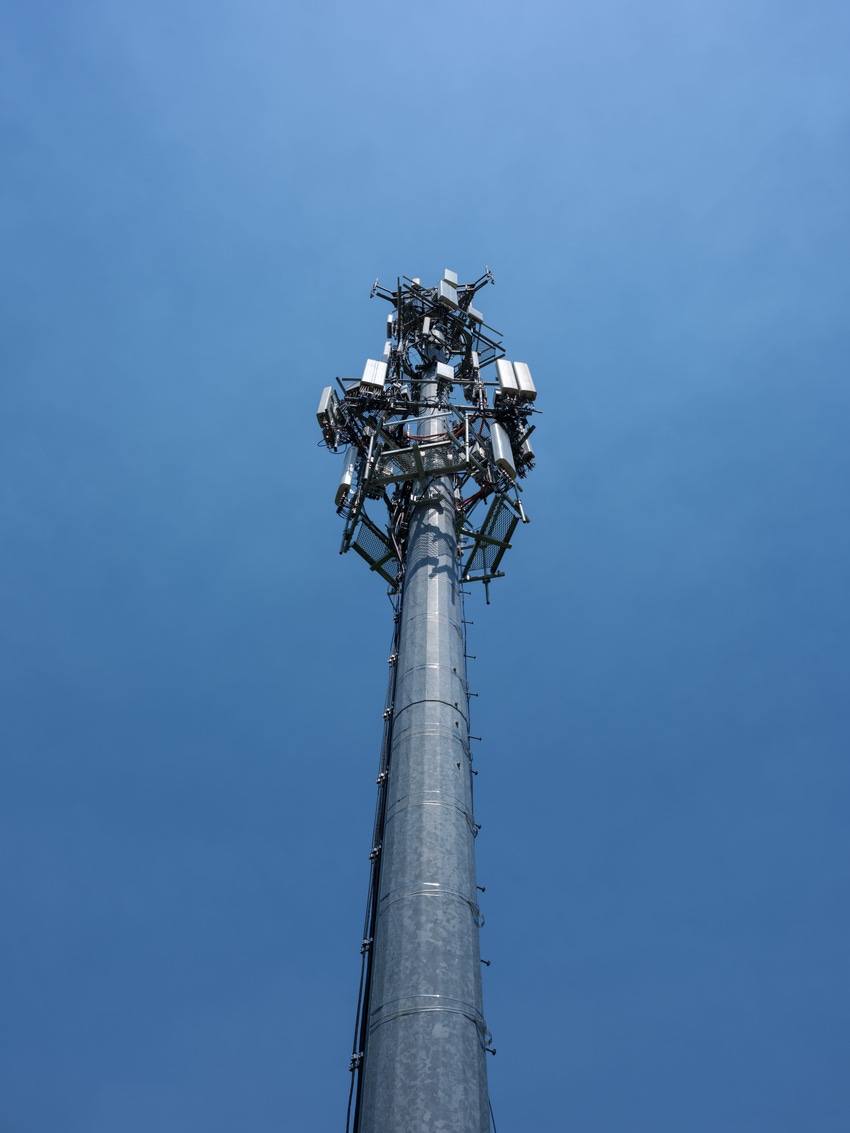After drama with Aviat, Ceragon turns to Siklu purchase
Ceragon Networks managed to fight off a hostile takeover attempt by Aviat Networks last year. Now, the company has inked a deal to purchase wireless backhaul provider Siklu in a deal worth $13 million to $15 million.

Roughly a year after fighting off Aviat Networks' hostile takeover effort, Ceragon Networks said it has reached a deal to acquire fellow Israeli wireless backhaul provider Siklu in a deal worth $13 million to $15 million.
Ceragon said its purchase of Siklu would allow it to sell Siklu's fixed wireless products into Ceragon's customer base. Further, Ceragon said it plans to leverage Siklu's products to "create a more comprehensive offering primarily to private networks and small service providers in general."
Ceragon said it expects around $25 million to $29 million in incremental revenue in 2024 from its purchase of Siklu, which it expects to close by the end of this year.
"We see Ceragon as the perfect partner for Siklu, in both technology, market, and cultural fit," Siklu CEO Ronen Ben Hamou said in a statement.
Finding dancing partners
During the summer of 2022, Austin, Texas-based Aviat Networks launched a $235 million takeover bid for rival Ceragon. Aviat looked to create a wireless backhaul provider larger in size than Nokia, and just behind market leaders Huawei and Ericsson, according to the financial analysts at B. Riley Securities.
But after more than a month of back and forth, Ceragon's shareholders overwhelmingly voted to reject Aviat's overtures.
Aviat subsequently shifted its shopping focus to Japan's NEC, purchasing that company's wireless backhaul business in a $70 million deal announced in May. Aviat expects to close that purchase in the fourth quarter of this year. In August, Aviat boasted of an 18% jump in quarterly revenues to $91.2 million, in part due to other acquisitions including its purchase of Redline Communications last year.
Ceragon reported a 22% increase in revenues in its most recent quarter, to $86.2 million. The company is based in Rosh Haayin, Israel. Siklu has headquarters in Petah Tiqva, Israel, and expanded into the US market in 2011. Siklu has been the leader in market share of E-band backhaul installations in the US for the last three years, according to Ceragon.
Wireless transport
Aviat, Ceragon, Siklu and others sell equipment to transport data wirelessly, including in the E-band that stretches from around 60GHz to 90GHz. Such setups essentially backhaul traffic at a cell tower to a nearby wired network via a wireless connection, thus obviating the need to route a fiber connection to the base of that cell tower.
In the US, where fiber networks are relatively plentiful, such wireless (also called microwave) backhaul connections are relatively scarce. For example, networking giant Ericsson estimates that just 20% of backhaul transport is conducted over microwave connections in North America. But in Africa, that figure rises to 80%.
According to Ericsson's latest Microwave Outlook report, the ongoing deployment of fiber networks around the world is cutting into the need for microwave backhaul globally.
Even so, Ericsson forecasts that by 2030, fully 50% of macro cell sites globally will be connected and backhauled using microwave connections.
About the Author(s)
You May Also Like












